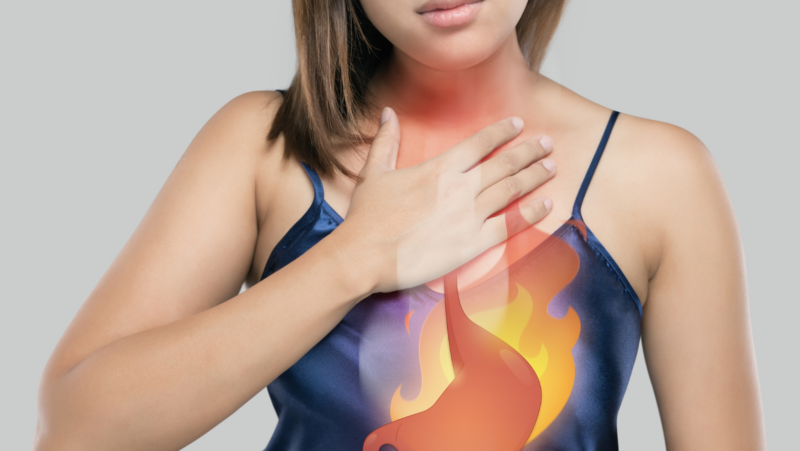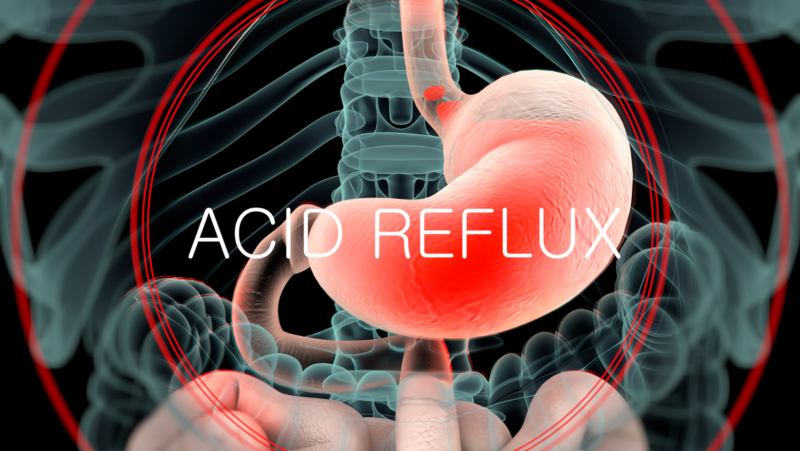
Personal hygiene is one of the most effective ways to promote and maintain a healthy life. It involves caring for your body. Your personal hygiene practices must be consistent and habitual to effectively promote your health.
Many hygiene practices exist that you can implement to promote your health and well-being. This article explores six major hygiene practices to help you develop a healthy body and life.
Food Hygiene
Food hygiene involves handling, preparing, and storing food in a manner that reduces the risk of contamination and food-borne diseases. This practice is especially important for vulnerable populations like children and the elderly.
Food hygiene can be implemented by separating raw and cooked food to prevent cross-contamination. You should also wash your hands before handling food, control pests, and thoroughly clean your kitchen, cooking areas, and storage containers. Cook foods properly to the correct temperatures and store them appropriately.
Hand And Nail Hygiene
Your hands and nails can easily pick up germs from people, surfaces, and contaminated objects. These germs can then transfer into your body through your mouth, nose, and other openings, causing infection and diseases.
Good hand and nail hygiene can prevent such infections and diseases. Wash your hands regularly, especially before handling food. Washing them after handling garbage, using the toilet, or handling animals is also important.
Maintain nail hygiene by keeping your nails clean and tidy at all times. Do not bite your nails, but keep them short and clean to avoid picking up germs. Brush your nails regularly and rinse off dirt build-up.
Proper Grooming
Grooming is the practice of maintaining a clean and neat appearance. Proper grooming is also a good hygiene practice that helps prevent the spread of germs and infections. Bathe regularly with good soap to wash away dead skin cells, oils, and bacteria. Prioritize skin health by moisturizing and exfoliating to prevent dryness and irritation that can lead to skin infection.
Trim, shave, wash, and brush your hair regularly to keep it healthy and prevent scalp issues. Regular bathing, skincare, and hair care prevent bacteria infection and boost confidence and mental health.
Clothing Hygiene
Clothing hygiene is also important for personal health. Proper clothing can prevent bacteria and other infectious microorganisms from contacting your skin, while garment care prevents their transfer to your body.
Change clothes frequently and wash them regularly, especially socks and underwear. Wash your clothes thoroughly, preferably with warm water and appropriate detergent. Always shower to wash away sweat and dirt before changing clothes.
Practice workwear hygiene by wearing the required clothing and adhering to uniform guidelines. To limit pathogen spread, wear scrubs and gloves in high-transmission areas.
Oral Hygiene
Oral health does not start and end with good or bad breath. Poor oral health has an established link to systemic diseases like diabetes and heart disease. Good oral hygiene helps prevent these diseases and promotes overall health and well-being.
Brush and floss your teeth regularly to remove plaques that cause cavities and gum diseases. Dentists recommend brushing at least twice daily, after you wake and before bed. You can also brush after every meal for the best results.
In addition, visit the dentist regularly for checkups and cleanings. Schedule a deep cleaning session with your dentist using a dental ultrasonic scaler to remove plaque and prevent cavities.
Toilet And Environmental Hygiene
Your toilet and living spaces can easily attract and transmit germs and microbes that cause infection. It is important to keep your environment clean and tidy to eliminate disease-causing microbes.
Vacuum and disinfect surfaces regularly to prevent dust, germs, and microbial accumulation. Wash your hands properly after using the toilet, and keep the toilet tidy to prevent infections.
Endnote
Personal hygiene habits and practices help promote your health. It is an effective strategy for preventing diseases and infection. You can implement good personal hygiene with the following hygiene practices: hand and nail hygiene, clothing hygiene, oral hygiene, and environmental hygiene.















